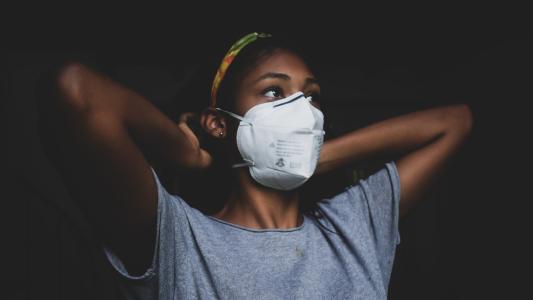Timing appears to be everything when treating coronavirus patients.
A class of immune proteins called interferons shows promise as a COVID-19 treatment — but only when given to patients in the beginning stages of the illness. If given after an infection has caused inflammation, interferons can make a patient sicker.
This isn’t the first COVID-19 treatment to exhibit this time-dependent characteristic, either, suggesting that doctors will need to carefully consider the stage of a patient’s infection before prescribing a medication.
Interferons as a COVID-19 Treatment
Interferons are part of the body’s natural defense against pathogens, and they help fight infections by interfering (get it?) with a virus’s ability to replicate.
In the 1980s, researchers figured out how to create interferons in the lab. Since then, they’ve been approved to treat cancers, multiple sclerosis, and other illnesses — just inject them into a patient, and they’ll get to work helping the immune system.
In May, a COVID-19 study out of New York reported that patients with severe cases of COVID-19 had more inflammation and fewer interferons than those with milder cases. Two weeks later, a study out of Paris reported the same finding.
Based on that, it’s not surprising that other studies have shown that interferon can improve COVID-19 patient outcomes — an inhaled interferon medication decreased their chances of becoming severely ill by 79% — but the timing of the delivery is key.
Give it early, and the COVID-19 treatment might provide the immune boost needed to clear an infection.
But because one of the hallmarks of COVID-19 is its ability to cause a harmful overreaction of the immune system — a cytokine storm — a late delivery of interferons could make an illness worse.
Multi-Pronged Approach
Several studies of interferons are still ongoing, so we’ll likely learn more about their utility as a COVID-19 treatment in the near future.
For now, it appears they’re most likely to help people overcome mild cases or possibly even prevent at-risk populations from catching COVID-19 in the first place.
People with severe cases, meanwhile, will be better served by other drugs, such as the steroid dexamethasone, which has been shown to reduce death rates among ventilated patients by nearly one-third.
We’d love to hear from you! If you have a comment about this article or if you have a tip for a future Freethink story, please email us at [email protected].






